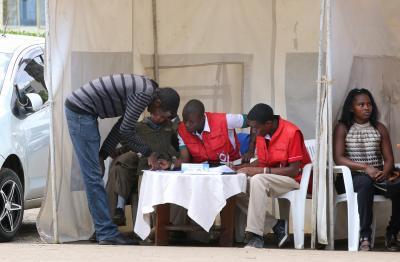
Kenya’s Ministry of Health confirmed two additional cases of monkeypox on January 17, bringing the total number of cases in the country to 33. The new cases were identified in Kericho County in the northwest and Taita Taveta County on the coast. As the disease spreads across 12 counties, the Ministry has ramped up efforts to contain the outbreak with enhanced surveillance and aggressive contact tracing.
Mary Muthoni, the Principal Secretary of the Ministry of Health, stated that the Ministry is working closely with county governments and partners to boost response activities. This includes active case searches, tracing contacts, and investigating potential exposures, as well as providing symptomatic management and mental health support to those affected.
To date, 225 contacts have been traced, with 216 individuals monitored for the recommended 21-day incubation period. Since the beginning of the outbreak, over 2.9 million travelers have been screened at entry points across the country. The government has also launched public health campaigns to raise awareness about prevention and control measures for monkeypox.
With the reopening of schools, there is heightened concern over the potential risk to children, who may be more vulnerable to severe symptoms due to their developing immune systems. The Ministries of Education and Health have implemented strict measures in schools to reduce the risk of transmission.
Monkeypox is a viral disease that can cause a painful rash, fever, swollen lymph nodes, headache, and muscle pain. While most individuals recover fully, some may experience more severe illness. The virus, which belongs to the Orthopoxvirus genus, is spread by direct contact with infected animals or humans. There are currently two main clades of the virus: clade I, which includes subclades Ia and Ib, and clade II, which includes subclades IIa and IIb. The ongoing global outbreak is primarily driven by clade IIb.
While the natural reservoir of the virus is still unknown, various small mammals, including squirrels and monkeys, are thought to be susceptible hosts. The Ministry continues to monitor the situation closely and strengthen measures to curb the spread of the disease.
Recent Random Post:
















